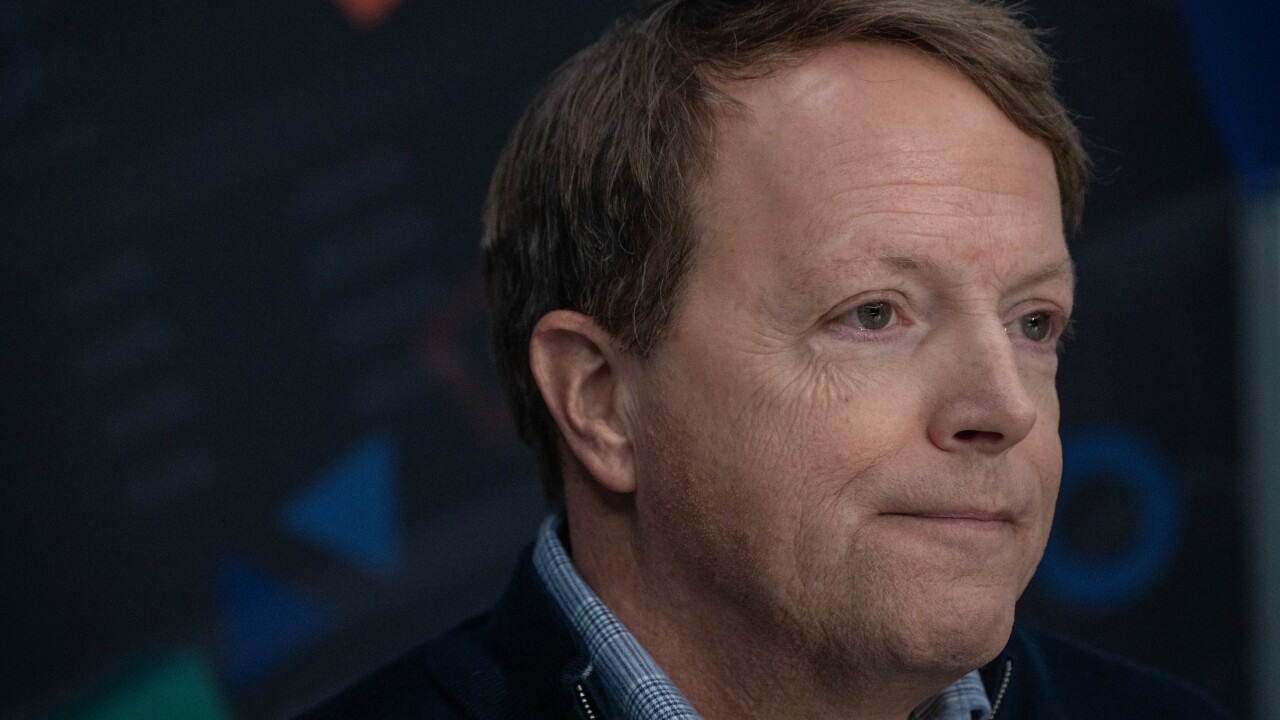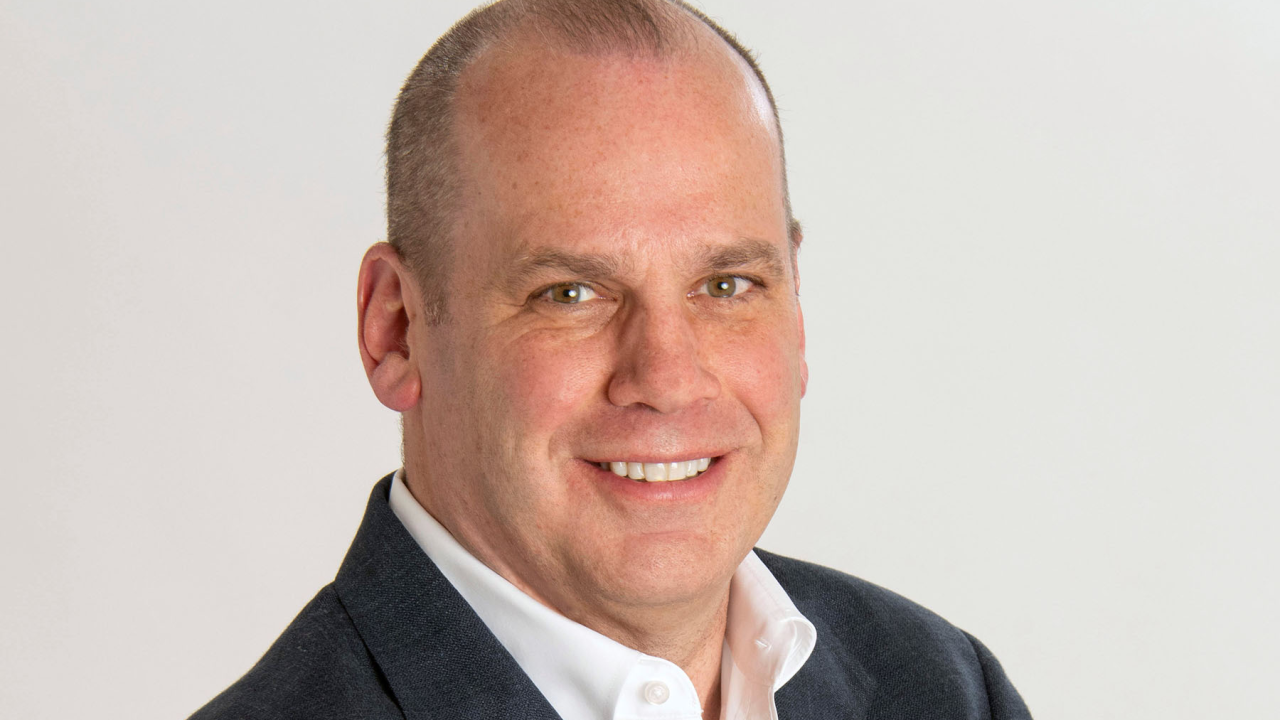-
Rep. Darrell Issa on Tuesday accused the Justice Department and FDIC of letting the anti-fraud crackdown called Operation Choke Point interfere with legitimate banking business. He also said that legal pot businesses should have access to the banking system.
July 8 -
Payday lenders are raising the stakes in their pushback on Operation Choke Point with a lawsuit against banking regulators, alleging that "back-room pressure of banks" to dissolve longstanding relationships with payday shops and others is unfairly harming the industry.
June 6 -
Between Operation Choke Point and anti-laundering regulations, financial institutions are going to new lengths to avoid anything even remotely associated with illegality raising questions of fairness, slippery slopes and self-preservation.
May 12
The federal banking agencies are defending themselves against critics who say that payday loan shops, check cashers, firearms sellers and other frowned-upon merchants are losing their bank accounts due to overzealous regulation.
At a congressional hearing Tuesday, witnesses from the Federal Deposit Insurance Corp., the Office of the Comptroller of the Currency and the Federal Reserve Board will testify that it's ultimately up to individual banks, not their regulators, to make decisions about particular business relationships. American Banker obtained copies of the three agencies' written testimony Monday.
"The FDIC does not and should not make business decisions for the banks that we supervise," the FDIC's acting general counsel, Richard Osterman, states in his prepared testimony. "Indeed, each bank must decide the persons and entities with which it wants to have a customer or business relationship."
The House hearing, chaired by Rep. Patrick McHenry, R-N.C., will examine Operation Choke Point, an investigation led by the Justice Department into banks and payment processing firms that are suspected of providing access to the mainstream payment system to fraudsters.
The Fed, the FDIC and the OCC all say in their written testimony that they have cooperated with the Justice Department by turning over certain information to prosecutors.
But it is the agencies' supervisory actions that have come under heavy fire from bankers, payment processors, payday lenders and congressional Republicans. Bank examiners are accused of pressuring banks to cut ties with lawfully operating but disfavored businesses.
The FDIC, which has promulgated
In its written testimony, the FDIC suggests that there are good reasons why particular industries are being singled out for additional scrutiny.
"Higher-risk activities have been understood by industry and the financial regulators as activities that may be subject to complex or varying legal and regulatory environments," the FDIC's Osterman states.
As examples, he cites activities that may "be legal only in certain states," "be prohibited for certain consumers, such as minors," "be subject to varying state and federal licensing and reporting regimes," or "tend to display a higher incidence of consumer complaints, returns or chargebacks."
Osterman also states that banks that "properly manage relationships and effectively mitigate risks are neither prohibited nor discouraged from providing payment processing services to customers, regardless of the customers' business models, provided they are operating in compliance with applicable state and federal law."
The OCC and the Fed mounted similar defenses of their supervisory actions.
"As a general matter, the OCC does not recommend or encourage banks to engage in the wholesale termination of categories of customer accounts," the OCC's deputy general counsel, Daniel Stipano, states in written testimony. "Rather, we expect banks to assess the risks posed by individual customers on a case-by-case basis and to implement appropriate controls to manage each relationship."
Fed General Counsel Scott Alvarez states in his testimony: "It is not the board's policy to discourage banking organizations from offering services to any class of law-abiding financial services consumers or businesses."
The Fed, the FDIC and the OCC are co-defendants in a
The banking agencies have not yet responded formally to the lawsuit, nor did they mention it in their written testimony Tuesday.




